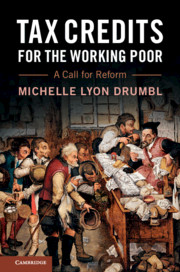Objective: All patients who resided in state provided long-stay care in Ireland were required to pay the state for that care until 2006. In 2001 the Irish Ombudsman and Information Commissioner had highlighted the issue of the entitlement of people with medical cards to provision of free long-stay care. The Health Repayment scheme was subsequently set up in 2006 to facilitate the repayment of long-stay charges wrongly paid by patients. Issues of mental capacity arise particularly in the context of long-stay psychiatric patients applying for repayment of long-stay charges. Our aim was to devise a test suitable to assess the capacity of an individual to make an application for refund charges.
Method: There was no specific test in existence to assess the capacity of an individual to make an application for refund of charges. A suitable test was devised based on the available literature which assessed whether the person understands the ‘nature and effects’ of making a refund application. Fifty-eight long-stay patients were deemed to be entitled to apply for a refund.
Results: Staff identified 47 (80%) patients as possibly lacking the capacity to make an application. Of these, 14 patients (29.8%) were found to have capacity to make an application (mean age 58.5 years) with 33 (70.2%) found to lack capacity (mean age 73 years). Of those with capacity 50% had a diagnosis of schizophrenia/schizoaffective disorder. None had cognitive impairment of degenerative origin. Of those who lacked capacity 45.5% had a diagnosis of dementia. All of the patients with dementia who were assessed were found to lack capacity whereas 59% of those with a diagnosis of schizophrenia/schizoaffective disorder lacked capacity.
Conclusion: A substantial number of long-stay psychiatric patients may lack the capacity to make particular decisions. In this study the group who lacked capacity were an elderly group with dementia common. This process raised a dilemma about how a patient without capacity to make a refund application can then manage the money claimed on their behalf and whether guardianship safeguards are necessary.
